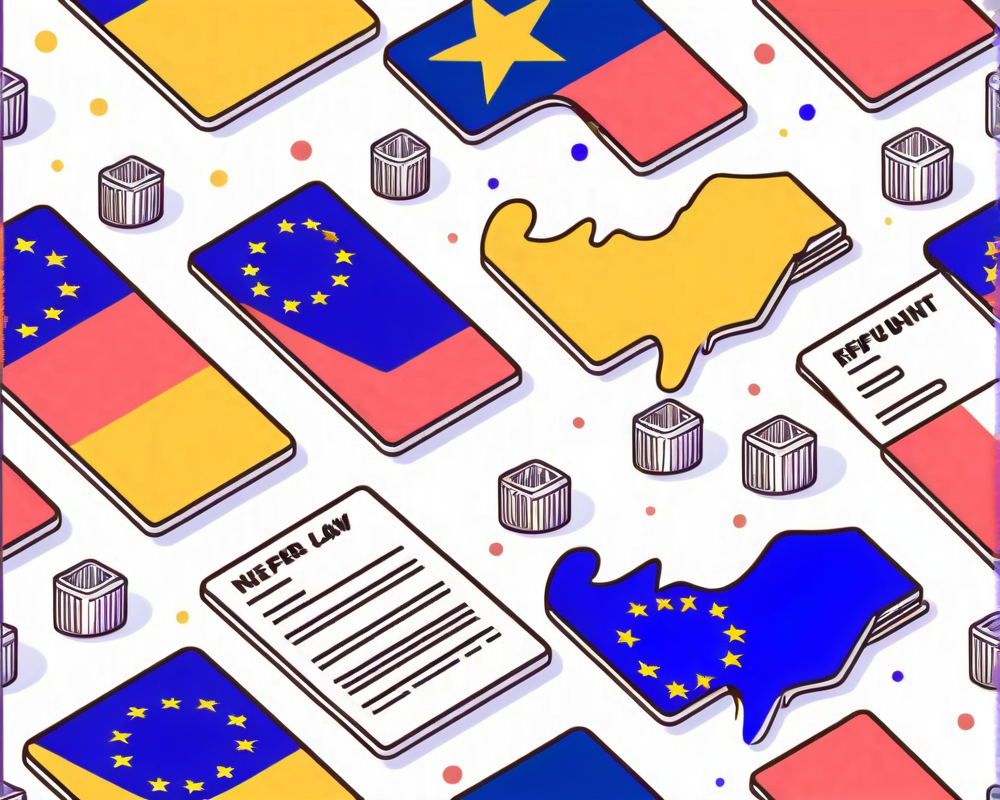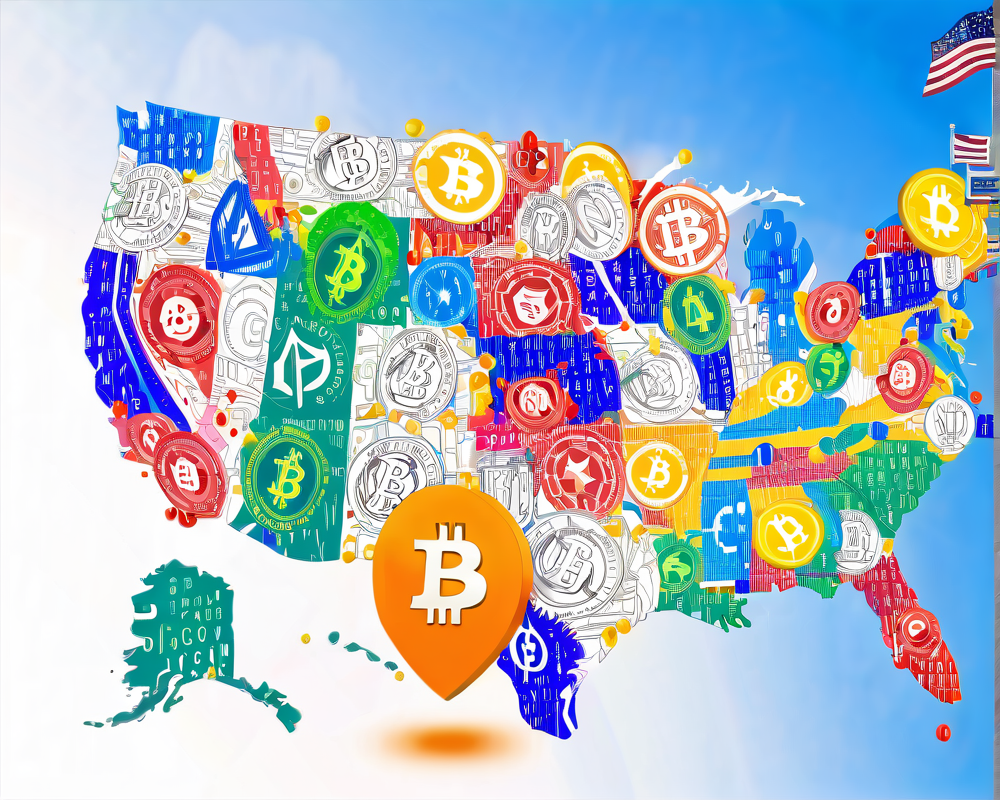The Legal Dilemma of NFT Refunds
Ah, the world of NFTs: where digital art meets the conundrum of consumer rights! Recently, a growing sentiment among European buyers has emerged, driven by a law that’s older than Google. They’re claiming that when it comes to non-fungible tokens, the 25-year-old EU regulation on distance selling should grant them the right to refunds—like those sweet returns at your local clothing store! But, one must wonder, can you really return a digital picture for a refund like you would a pair of jeans?
What Does the Law Say?
According to the 1997 EU directive, consumers generally have a 14-day grace period to return products bought online. However, there’s a catch: if customers are informed beforehand, this period can be waived for digital goods. So, while buyers of tangible items like grandma’s vintage lamp can send it back if it’s not to their taste, NFT purchasers might just be left staring at their overpriced pixels, wishing for a refund.
When Ancient Laws Meet Modern Technology
Now, here’s the kicker. The law in question was created long before anyone even knew what an NFT was, let alone how to pronounce “blockchain.” It’s a bit like trying to fit a square peg in a round hole. The implications of applying such an outdated law to something as unique as NFTs could wreak havoc. Do we really think a public payphone contract should be lumped in with the sale of unique digital art? Didn’t think so!
Rarity and Value: A Slippery Slope
Imagine if every time you unwrapped a pack of trading cards, you could send back the ones you didn’t like. As our digital wallets begin to bulge with NFTs, the idea of refunds could lead to a flood of copycat behavior. This would open the floodgates for buyers to mint numerous NFTs and just refund the “bad” ones, nullifying the very concept of rarity. Think of the Bored Ape Yacht Club—values skyrocketing due to the limited nature of certain assets—how would this stand if refunds were an option?
Finding Common Ground
Ultimately, we’re at a crossroads where consumer rights, technological advancements, and creative freedom collide. As exciting as the promise of NFTs is, we must tread lightly. The law needs to evolve to meet the digital age before we ruin the entire experience—or worse, lose all semblance of value in the market. Innovation must proceed with integrity, and ideally, we’ll find a fold that accommodates both buyers and creators without setting off a chaotic refund bonanza!




